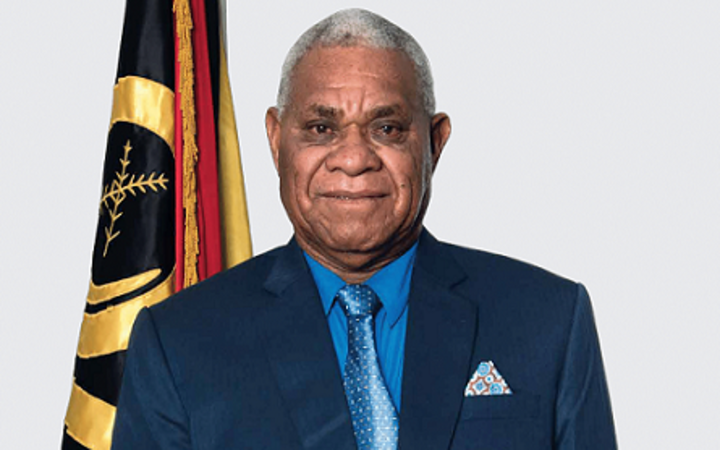Vanuatu’s prime minister Bob Loughman has defeated a motion of no confidence against him in Parliament this morning.
The motion was deposited by the opposition leader, Ralph Regenvanu, citing six main reasons for seeking to remove the prime minister, most relating to alleged excessive and unwarranted spending by government.
Loughman won the confidence vote with the support of 27 MPs in the 52-seat parliament.
“This government is doing what it should do under the constitution,” he told Parliament while defending his government’s performance.
However, his hold on government remains tenuous after the Supreme Court this month upheld a decision by Parliament’s former Speaker to declare the seats of 19 government MPs vacant.
Loughman and the 18 other MPs had boycotted Parliament for three consecutive days.
A stay order has been granted on the declaration, and the government is expected to appeal the court ruling before the end of the week.
If an appeal fails, 19 by-elections are set to take place.
The opposition’s claims of wasteful spending included taking huge delegations to the outer islands, providing luxury cars for themselves, increasing salaries for some of their number by up to 200 percent and doubling the gratuity paid to ministers and their political appointees each year.
It also said the government had increased the number of political appointees in each ministry, creating 26 unnecessary political posts.
The opposition said Loughman had refused to show solidarity with a population facing hardship, something it says he could have done by cutting MPs salaries, as other countries have.
Meanwhile, the by-election in the Pentecost constituency will cost around VT8 million (US$72,000) for a single seat but plans to conduct it have now been put on hold until after the appeal hearing of the 19 Members of Parliament (MPs).
The planned by-election is to fill the seat of former Prime Minister, Charlot Salwai.
Acting Deputy Principal Electoral Officer, Gary Tavoa, said the Electoral Office has been preparing to conduct a by-election on Pentecost as the Electoral Commission has already been looking at dates.
But with the current political uncertainty, Tavoa says the Electoral Commission has advised that the situation should be monitored until the Appeal Court sits and makes its decision.
This is in relation to the court case involving 19 MPs that had their seats declared vacant recently by the Supreme Court.
These 19 are expected to appear in the Appeal Court next month.
He said the electoral law does not place any timeframe on conducting a by-election, however there is a timeframe when a parliament is dissolved, which is not before 30 days and not later than 60 days.
Tavoa said the Electoral Office is monitoring the situation closely.
On the issue of budget, the Acting Deputy Principal Electoral Officer says the office has not budgeted for a by-election.
“We have to apply for funds through new priority projects through the Ministry of Finance,” Tavoa said.
